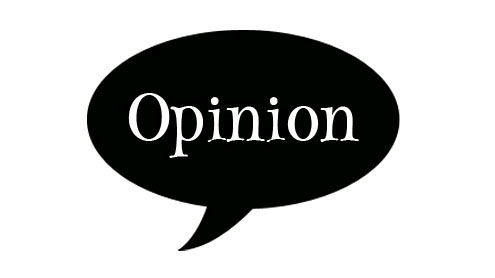
Most people are schizophrenic when it comes to government. They don’t like taxes, but do like benefits.
The role of democratic political parties is to manage competing interest groups so they can pay fewer taxes and enjoy more benefits. For most US workers, there’s been little increase in real pretax pay and benefits for several decades. Growing medical costs and employer-paid benefits have absorbed most of the paltry increase in compensation that all but the most skilled workers receive. Gains in productivity have gone largely to the very top of income earners.
This is the background for the increasingly partisan politics in the US. The middle class is squeezed. It has a choice of a small-government and low-tax conservative Republican politics versus a tax-and-spend option favored by Democrats. It must be noted that Democrats only want to tax the rich more, but that’s inadequate. Either spending must be cut from planned levels or taxes on most people must increase substantially. Moderate politicians, especially Republicans, trying to straddle this divide have been defeated by their own party in primary elections or gone down to defeat in general elections.
Last year, Republicans in Congress nearly drove the US into bankruptcy by not approving a completely routine increase in the allowable federal debt unless onerous spending cuts were attached. Though Republicans only control the lower house, they need only 40 votes in the Senate to threaten a filibuster — effectively preventing a bill from coming to a vote. Historically, filibuster has been rarely used, yet Senate Republicans, the minority party, have used the threat many times. Because agreement over hiking the debt ceiling in 2011 was impossible, the Congress loaded a pistol filled with tax increases and automatic spending cuts detested by both parties and said that if somehow compromise wasn’t reached, they’d fire the gun, aimed at both the national and world economies. This self-imposed paralysis produced the so-called fiscal cliff.
Yet Congress has approved another set of short-term fixes rather than work on long-term tax or entitlement reforms, so the paralysis and threat to global markets will emerge once again in two months. Besides postponing the immediate spending cuts for two months, the legislation raised income taxes for families earning more than $450,000 annually and social security taxes for everyone, but the overall deal adds $4 trillion to the federal deficit over the next decade.
Instead, the Congress added to uncertainty, by postponing action on the automatic sequestration spending cuts for two months, at the same time when a decision is needed on hiking the debt ceiling, another artificial, self-inflicted limit that’s done little to encourage self-control.The main point of short-run policy contention now revolves around what amount and type of budget cuts will be made. Republicans will have another chance to throttle or contain entitlement spending when the debt ceiling must be raised again in February. Their opposition to raising taxes makes it impossible to achieve fiscal sustainability without severe cuts to government spending, including entitlements and growth-boosting investments in infrastructure, training and research.
For now, the power of conservative House members leads to resistance to multilateralism, investment in foreign aid or free trade, a reversal of Republican positions in the past.The irony is that despite congressional antics, the US economy is on the mend. The housing sector seems to have bottomed out and improved in most cities, eliminating one drag on the overall economy. Fewer mortgage holders are “underwater” — their mortgages worth more than their homes could sell for — and thus can refinance or relocate for better jobs. Delayed household formation in the past few years has led to pent-up demand, encouraging home buying, building, expansion and new purchases of durable goods. Older cars need replacement. Low loan rates make newer purchases easy.
If the Congress could agree to spend more on badly needed infrastructure and job training, the boost in output from higher demand and supply would reduce deficits over time. Adding tax reform to the mix and dealing with entitlements — especially government funding of medical care — would be welcome, indeed essential for longer-term sustainability. Global warming is among other pressing challenges avoided by the US Congress. Few politicians have connected severe weather, including superstorm Sandy, which alone causing $60 billion of damage, excluding future mitigation measures, with global warming. Yet if there’s any hope of persuading China and India to participate meaningfully in capping global emissions — the two nations accounted for 95 per cent of global emissions growth since 2000 — the US must impose something like a carbon tax.
Tax reform could push technology and consumption into sustainable directions. Americans have more to worry about than the fiscal cliff! The United States and the rest of the globe have a hill to climb to avert climate problems much worse than any congressional nonsense. A carbon tax, currently a political impossibility, would add needed revenues and reflect the real cost of using fuel. But US politicians are not tackling reality. – KahleejNews












